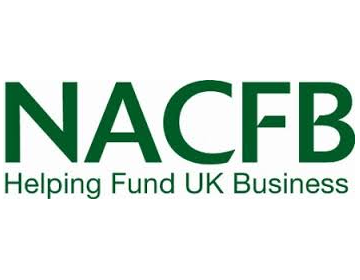
More than 100 mortgages are available for landlords who buy properties through a limited company, allowing them to retain current levels of tax relief.
In his summer Budget last month, Chancellor of the Exchequer George Osborne said that from 2017, the higher- and top-rate tax relief currently allowed on mortgage interest payments will be phased out.
But this change will only apply to private landlords rather than limited companies which own buy-to-let properties. According to the latest Buy to Let Mortgage Costs Index from Mortgages for Business, there are already 122 mortgages currently available to limited companies.
David Whittaker, managing director at Mortgages for Business, said: “The mortgage market was certainly well prepared for the Chancellor’s grab on landlords’ tax relief. Mortgages which allow limited companies to be borrowers comprise 13% of all products on the buy to let market.
“It means that a good number of landlords and investors will have the opportunity to outfox the summer Budget by taking advantage of the tax benefits associated with registering as a limited company.”
However, Whittaker added, landlords should do their homework before deciding to go down the limited company route.
“Registering as a limited company takes time, money and can be quite complex,” he said. “The average interest rate for limited company mortgages is also greater than the average rates available in the wider market.
“That said, even if the mortgage costs for limited companies are above the rest of the market, this could come down as demand grows and lending to companies becomes more competitive. And, for once, prospective tax changes will work in favour of investors as the rate of corporation tax is due to fall from 20% to 19% from April 2017 and to 18% from April 2020 – which, if profits are to be retained within the company, would represent a significant tax saving for a higher-rate tax payer.”





















Join the conversation
Jump to latest comment and add your reply
David Whittaker is right there are many more aspects to take into consideration than this single tax issue. One should assess the many advantages and disadvantages of limited company property ownership.
One thing that stands out is releasing funds for own use, prior if you refinanced a property to release equity that was yours to spend without tax implications. If in a limited company that profit is retained - no spending it on holidays or property expansion without tax implications.
There are many more advantages and disadvantages a property investor must explore http://goo.gl/3yzOEQ
Please login to comment